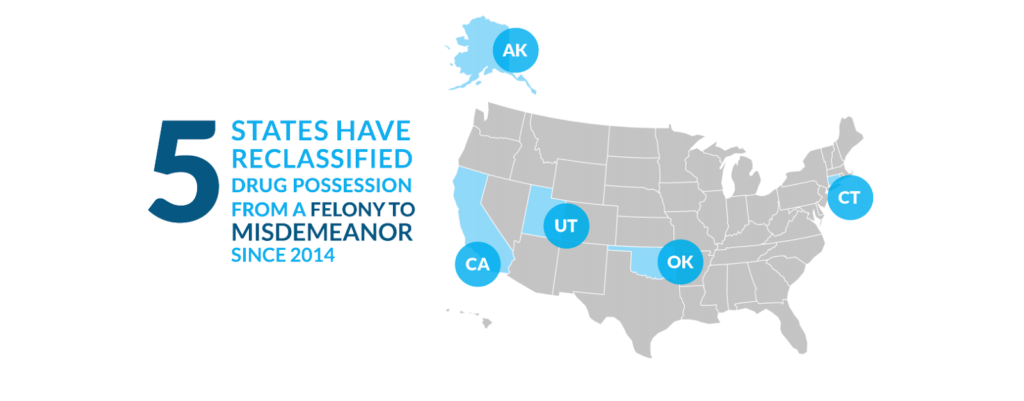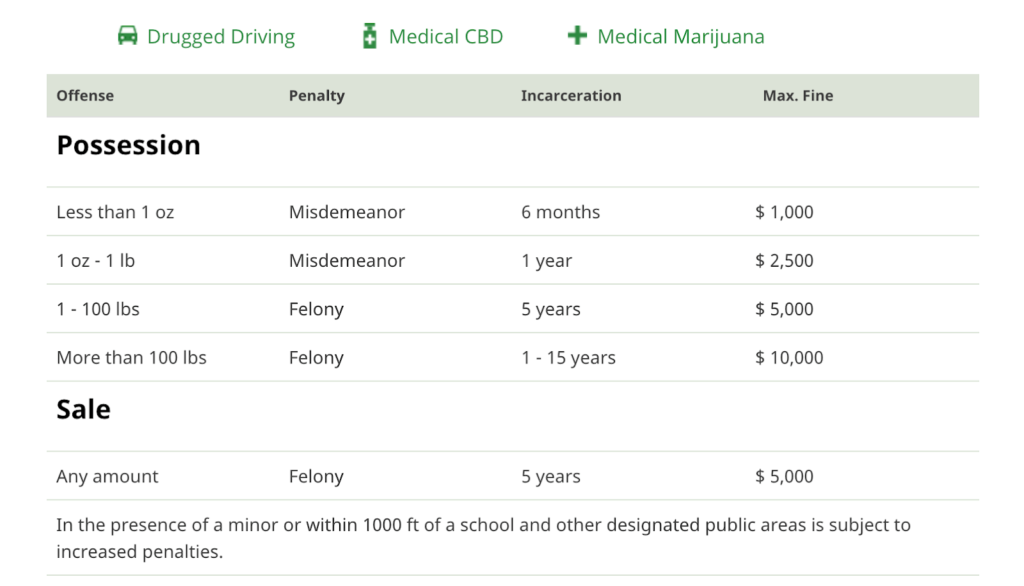Drug Possession
In Utah, it doesn’t matter if you’re found with drugs on you for your personal use, or if you’re found with drugs that you plan to sell or share. Both actions are crimes, and you can be charged with drug possession in Utah.
Lawyers in Salt Lake City will attest to the fact that these convictions are often quite harmful. Drug charges can severely affect and limit any future decisions you make.
From misdemeanors to felony convictions, the impact drug possession in Utah can get real complicated, real fast. The risk of losing your driver’s license for six months is only the beginning. Yet, it’s hard to determine the exact charges you could face. There are quite a few classifications of “controlled substances,” a variety of charge types, and fines or legal consequences.
In the first hours of facing law enforcement, getting help from a Utah drug possession attorney like Stacey Schmidt can help you make your way through the overwhelming and often conflicting advice around drug possession.
Why Felony Convictions for Drug Possession Are Changing in Utah
Legislation in Utah (House Bill 348 in 2015) seeks to reclassify drug possession charges in Utah because these felony convictions are aggressive. They could truly harm the outlook of an individual’s life.
These reforms cover three broad areas of change:
- Convictions for simple drug possession (up to the third conviction) now count as a misdemeanor (before this, a third conviction becomes a Third Degree Felony, which means spending up to five years in prison, with a fine of $5,000)
- People convicted of drug possession are ineligible for state prison sentences
- These changes apply to almost all controlled substances

These reduced charges make things easier and are intended to address the potential fallout from drug possession because of addiction. The state of Utah believes that individuals would do better with a policy for drug convictions that is more rehabilitative than punitive.
That’s why nonviolent offenders with no criminal history have an even better chance of securing a reduced charge and penalty. However, the details of what you eventually end up with depend on your Utah drug possession attorney’s skill and expertise.
What is a Drug Possession Charge in Utah?
Drug possession in Utah covers a range of illegal activities. Again, classifying these in a detailed way can get complicated.
To keep it simple, there are four types of criminal activities related to drug-related crimes:
Drug abuse
These crimes include the use of illegal drugs like cocaine, heroin, ecstasy, and prescription drugs. This is the area where individuals who are convicted are also most likely to have addictions, so Utah now uses “drug courts” instead of prison sentencing. Activities include detoxification and rehab.
Possession
There is always much visibility with drug possession because of marijuana. Possession of less than an ounce in Utah could lead to a Class B misdemeanor, with up to 6 months in jail, and a $1,000 fine. However, if law enforcement believes that you intend to sell what you have, they could charge you with “possession with the intent to distribute.” That is a felony with a 5-year jail sentence and $5,000 in fines.

Distribution
Intent to distribute and actual distribution is almost the same in Utah. Even if you’re not making any money, distribution counts as sharing with or giving to others. It’s a second-degree felony with up to 15 years in prison and $19,950 in fines.
Trafficking
Drug traffickers move drugs in large quantities, often across state and federal borders. Obviously this is much more serious — and the more sustained the period of trafficking, the more severe the penalty. Life in prison is very much a possibility.
The Five Categories of Drug Possession
The variety of charges you could face depends on simple possession versus possession with intent to distribute. Rather than outline penalties for every single drug that bursts onto the market, Utah legislation outlines five categories of controlled substances, based on the penalties:
Schedule I:
- Drugs with a high potential of abuse and without any reason for medical use within the U.S.
- Includes heroin, LSD, cocaine, and marijuana
Schedule II:
- Drugs with a high potential of abuse, but which are common prescription medications
- Includes hydrocodone and methylphenidate
Schedule III:
- Drugs are not as prone to abuse, but adverse effects likely
- Includes anabolic steroids and medication with low doses of codeine
Schedule IV:
- Even though these drugs are commonly used for medication, they’re still likely to be abused
- Includes forms of Diazepam and Zolpidem
Schedule V:
- Commonly prescribed for medical purposes, these drugs are lowest on the Schedule totem pole
- Mostly low-dose narcotics
How is Each Schedule Punishable?
Criminal charges for these schedules are divided into three types of penalties:
- Schedule I and II — First, second, and even third offenses can be considered Class A misdemeanors.
- Schedule III to V — First and second offenses are Class B misdemeanors. A third could be as well. Any subsequent offenses could be Class A misdemeanors or, potentially, could be upgraded to a Third Degree Felony.
- Marijuana — Marijuana is a Schedule I substance. However, it also has more lenient penalties (possibly because of its commonality and accessibility). Utah is keen to avoid a “revolving door” situation with drug convictions, so possession of under one ounce is a Class B misdemeanor.
What Happens If I’m Charged for Drug Possession?
Sentencing is based on the Schedule of the controlled substance you’re found with. However, Utah also maintains the importance of drug court first.
Working with a Utah drug possession attorney could help you with this viable and less punitive alternative.
In other words, you have the chance to skip incarceration with drug court.
1) Drug Court
If your drug possession lawyer in Salt Lake City can negotiate this for you, sentencing requires you to participate in rehab programs, frequent testing, and court supervision.
There are three types of drug courts, including:
- Adult felony drug court
- Dependency drug court
- Juvenile dependency drug court
If you qualify, you’ll enter a guilty plea, and sentencing is technically “on hold” while you’re enrolled in drug court programs. Once you complete these requirements successfully, the guilty plea is withdrawn, and the charges dismissed.
2) Sentencing
If you don’t qualify for drug court, you’ll go through prosecution, and possibly conviction. The charges you could face are:
- A Class B Misdemeanor — Up to six months in jail and up to a fine of $1,000.
- A Class A Misdemeanor — Up to one year in jail and a fine of up to $2,500.
- A Third Degree Felony — Up to five years in prison and a fine of up to $5,000.
- A Second Degree Felony — Up to 15 years in prison and a fine of up to $10,000.
Secure Personal Legal Expertise for Drug Possession in Utah Right Away
While drug court is certainly a progressive alternative, you’re operating on a fragile margin to be eligible for it. In fact, several factors disqualify you from being considered.
These include:
- If you have past convictions for violent crimes
- If you have proven that you cannot manage a structured rehab program
- If the drug crime you’re charged with relates to marijuana or alcohol
- You have a pending charge or conviction for operating production and distribution warehouse or facilities for controlled substances
Regardless of whether these apply to you or not, navigating a drug possession charge in Utah requires a skilled, aggressive, and smart attorney. But it also requires a drug possession attorney who has empathy and compassion for your situation.
With over 20 years of experience, Stacey Schmidt and Schmidt Law Firm can help you navigate a drug possession charge before it becomes serious. Contact our office today for a consultation about your next course of action.